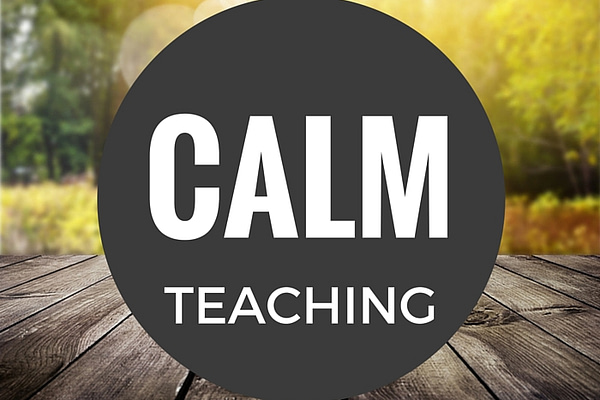
A few weeks ago, I had the opportunity to talk with Doug McKee and Edward O'Neil on episode #32 of their TeachBetter podcast.
The designated topic was teaching freshmen, but we discussed everything from Baskin Robbin's taster spoons, to retrieval practice, to memory palaces, to Evernote, to metacognition. In the episode notes, they also included a link to Vanderbilt's Center for Teaching‘s Teaching First Year Students guide, which is well worth a look.
As I have reflected more about our conversation and what I would want to tell people who are teaching first year (or, really any year) students, I see strong parallels with the principles illustrated in the book The Four Agreements () and teaching well.
The four agreements
Below are the agreements as articulated by don Miguel Ruiz in The Four Agreements, along with a few thoughts about how each one relates to our teaching:
Be impeccable with your word
Stephen Covey defined trust as consisting of both character and competence ().
We can show students our character by providing meaningful and moral feedback. We can have kindness at the core of our teaching. Our exam grading practices can also exhibit fairness and integrity.
We can maintain our competence by having a robust personal knowledge management system and by building effective habits. Ultimately, we want to use the strength of our words to show respect for our students and to demonstrate our own commitment to lifelong learning.
Don't take anything personally
For a long time, this was the only agreement I could recall from the book, because I wrestled with it so often. And that was even before I became a college professor.
“Nothing others do is because of you” (). In the past, when I discovered that students had shown a lack of academic integrity, I thought it was a direct affront to me. Now, I have come to realize that I'm really not anywhere near as much of the center of my students' universes as I once had believed.
James Lang's Cheating Lessons () really helped me depersonalize plagiarism and academic cheating. On episode #19, he stated, “You’re the last thing on their mind. When a student is cheating… their cheating isn’t an assault on your and your values” ().
Don't make assumptions
As I shared in the Engaging Difficult Students episode, I have shown a great ability to completely misread students. It is so easy for us to ascribe intent in situations and establish fertile ground for power struggles, instead of for learning.
We can observe a student on his/her cell phone and immediately assume that they must be attending to something nowhere near as important as whatever it is that we are doing/saying. We forget that his sister may be in labor, her Mom may have had her car break down on the side of a busy freeway, or no one ever really attended to him well when he was younger, so he has nothing to emulate in social or learning contexts.
Mahan Khalsa () describes what he calls “yellow lights” in selling, but I see them as coming up regularly in my teaching and relationships with students. He says that yellow lights are “signals the client may buy something that won't give them the results they want or expect; that they may not buy at all; or that may not buy from us,” but those signals may be that a student is being disrespectful and not buying in to what you were hoping for in the learning environment are also a form of yellow lights.
Khalsa's three steps for responding to yellow lights also apply to a broader context:
- Slow down – don't increase the potential for conflict by becoming aggressive. Instead, remind yourself that there's a lot you don't know here and maintain your composure.
- State it – name whatever you is that you observe, without anger or defensiveness.
- Hand the “yellow light” to the client – ask them how to handle the situation and let them turn the light red or green/
Always do your best
The hard part about always doing our best, is that our roles are so often in conflict with one another. Those of us who are teaching are also pursuing some next step in our educational journey. Some of us are parents. We may be struggling to balance research, teaching, and university service. We may be struggling with our health, or with the health of someone we love.
Or some of us may just consider ourselves bad female academics.
Teaching is incredibly hard. Yet, I imagine even harder still, when done without a care or concern about doing it well.
References
[reminder]Which of the four agreements resonates with you the most in your pursuit of teaching well?[/reminder]


